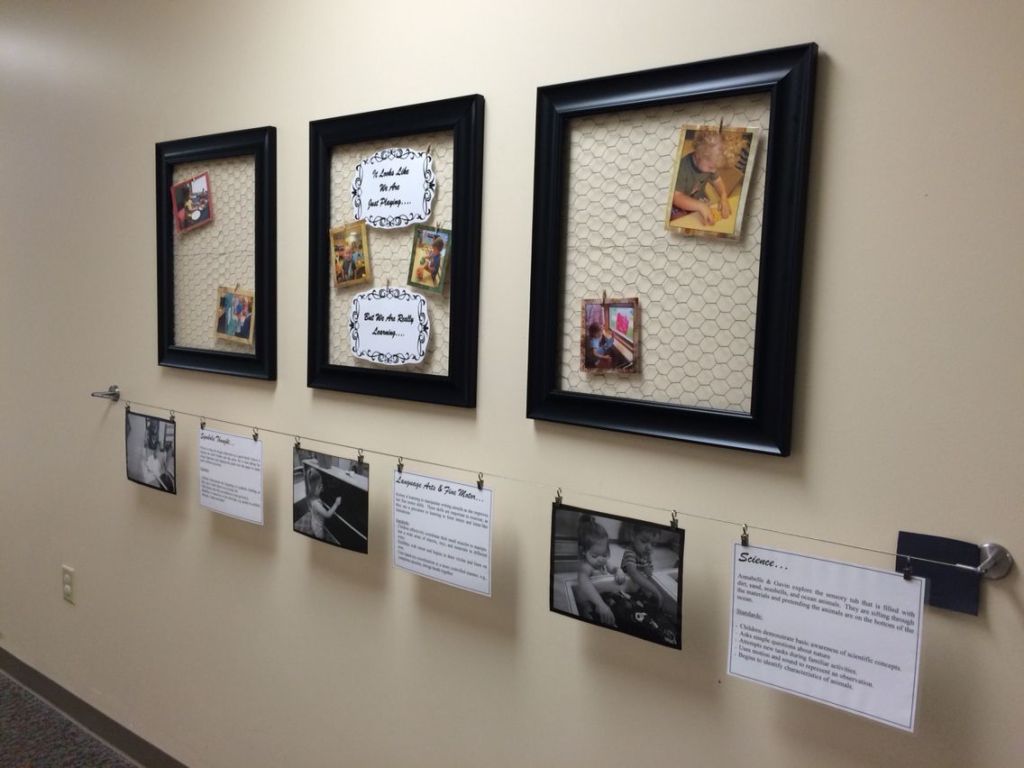Documentation panels play a crucial role in Reggio Emilia schools, serving as a visual representation of the children’s learning journey. These panels showcase the process of each project, capturing moments of exploration, discovery, and creativity. They provide insight into the children’s interests and thoughts, allowing parents and educators to gain a deeper understanding of their development. By documenting the students’ experiences through photographs, quotes, and artwork, these panels not only celebrate their achievements but also encourage reflection and further exploration.
Atelieristas are key figures in Reggio Emilia schools, bringing a unique perspective to the learning environment. As artists themselves, atelieristas support children in various forms of artistic expression and experimentation. They collaborate with teachers to integrate art into all aspects of the curriculum, fostering creativity and critical thinking skills. Atelieristas also work closely with students on long-term projects, guiding them through different stages of artistic processes while encouraging individuality and self-expression.
Parent involvement is highly valued in Reggio Emilia schools as they are seen as partners in their child’s education. Parents are encouraged to participate in school activities, engage with documentation panels, and contribute their insights to enrich the learning experience. This collaborative approach strengthens the bond between home and school, creating a supportive network for children to thrive academically and socially.
Natural materials play a significant role in creating an inviting and stimulating learning environment in Reggio Emilia schools. From wooden blocks to seashells to leaves, these materials offer endless possibilities for exploration and discovery. By incorporating natural elements into daily activities, children develop a deeper connection with the world around them while honing their sensory perceptions.
Project-based learning is at the core of the Reggio Emilia approach, emphasizing hands-on experiences that promote inquiry-based learning. Students delve into topics that interest them deeply while working collaboratively on projects that span across various subject areas. This holistic approach encourages critical thinking skills, problem-solving abilities, teamwork collaboration – essential skills for success in today’s rapidly changing world.
Professional development is vital for teachers working within the Reggio Emilia framework as it enables them to deepen their understanding of child development theories and teaching practices. Through ongoing training sessions workshops conferences led by experienced educators researchers teachers refine their pedagogical approaches enhance classroom environments meet evolving needs learners effectively
The physical environment plays a crucial role influencing learning outcomes Reggio Emilia schools The use space light color arrangement furniture all carefully considered create welcoming inspiring atmosphere conducive growth Exploration Children are encouraged move freely engage interactive elements such as art studios gardens outdoor spaces promoting curiosity imagination Physical surroundings directly impact behavior emotional well-being students contributing overall academic success
Inclusion diversity celebrated values within classrooms following principles respect acceptance every individual Regardless background ability or difference every child welcomed appreciated unique contributions community Teachers strive create inclusive environments where all feel safe supported empowered learn grow together Celebrating honoring differences fosters sense belonging promotes positive social interactions among peers nurturing compassionate empathetic individuals from young age

Leave a comment